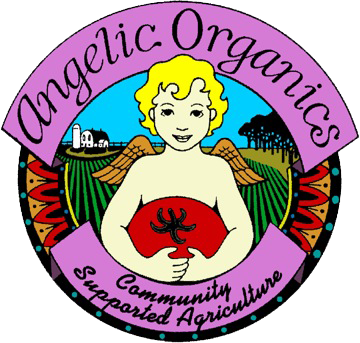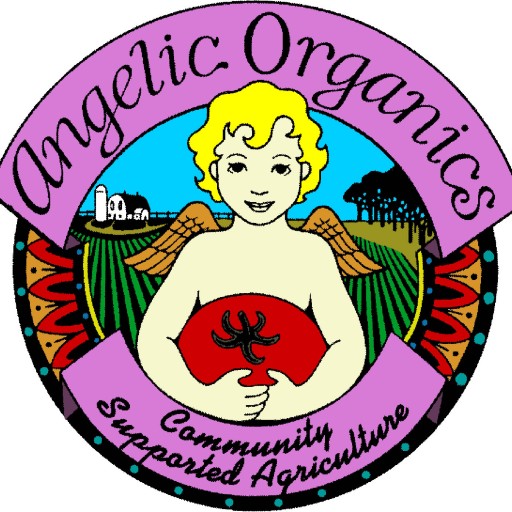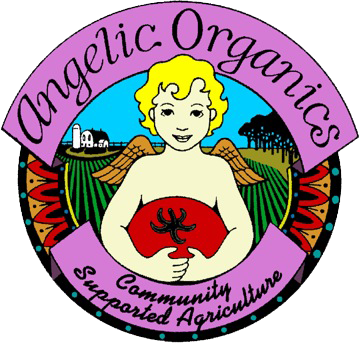Why I Farm
The following essay by Farmer John is reprinted from the Farm News: Week 11, September 10, 1994
I’ve written plenty in the last few weeks about the obstacles in farming – the decay of buildings, the unreliability of help, the capriciousness of weather, the uncertainty of bugs and blights, the financial horrors. So, do you wonder why I farm, why anyone would farm? It’s kind of hard to say…
Our neighbor showed up this week and said, “I got the arthritis bad, but why wouldn’t I after 30 years of beating up this body – broken bones all over. Broke my ribs twelve times working with those cows, broke both ankles, dislocated my shoulder, had to milk with one arm in the air. Whatcha’ gonna do? Cows gotta be milked. Couldn’t get any help. We offered sometimes up to ten dollars an hour, and we couldn’t get kids to show up more than two days. You gotta get the cows milked. It just got so I did it myself – didn’t care what was busted.”
Our neighbor didn’t say exactly why he farmed; it’s just not farmerly to talk about such things out here. But I noticed in his speaking that there was something he liked very much about farming, or he wouldn’t be doing it.
Another farm family nearby is legendary for getting their crops in first. They move fast, all ages, in a spritz of tobacco juice and beer. Even the 80 year old grandpa, his hip smashed by a bull, races to the barn at 5 in the morning. Several of them are missing toes and fingers from machinery accidents. The last finger the family lost didn’t even stop the haying.
It’s hard to explain just what causes a person to stay in such a life. For me, as I miraculously type with all ten digits, I think about when I suddenly went from a fleet of cars and trucks and an arsenal of machinery down to nothing in the early eighties.
My boots were worn out, and I didn’t have the money for another pair. My mother bought me boots. I will forever remember the exquisite sensation of walking what was left of this farm, secure in my shiny rubber boots, feeling somehow that those boots had restored me to the land. The land has a feel underfoot that melts me to it.
And then there’s the smell – our machine shed has a smell of eternity, a musty ancient fragrance from before my birth and into the hereafter. There’s the rhythm – the barn door opens and closes; the swallows return; the brome grass swishes.
On NPR, Susan Stanberg interviewed a Mayan girl in the Yucatan Peninsula (through a translator). She wanted to know why the girl weaved all day long. The girl didn’t answer to Susan’s satisfaction, so Susan persisted.
“Is it because you can sell your weavings for money?”
“No.”
“Do you weave because your ancestors weaved and it’s a way to stay connected to your people?”
“Huh?”
“Do you weave because you love the rhythm and the patterns of weaving?”
“No.”
“Why do you weave, then?”
“I just weave.”
I don’t stay on this farm because brome grass swishes; that’s a fringe benefit. The closest I can describe my bond to farming is a shudder I get, an irrepressible vibration when it’s time to work the fields. I can be eating, sleeping, or having a great conversation, and when the time is right to plow or plant my body registers some mysterious sensation, an irresistible beckoning. My legs take me to the work, put me on the tractor; I am all surrender. And the joy of pushing dirt around, the ecstasy of spraying potentized silica, the thrill of organizing little dots of green into straight lines on bare soil – these invoke in me a subtle delirium.
For two years I toured rural Illinois with a play I wrote about a farm family losing its land. Audiences wept and laughed. Once an old man caught up to me backstage. He said, “Let me tell you how to farm. There’s only one way. You farm ’til you’re down to your last nickel. And then you keep farming until the nickel’s gone.”
Like a drug, the land can lure a person into destitution. It can overshadow ones love for others. The land can embolden, exhaust, ennoble. It can nurture, destroy, sustain.
I don’t know why I farm.
I just farm.


